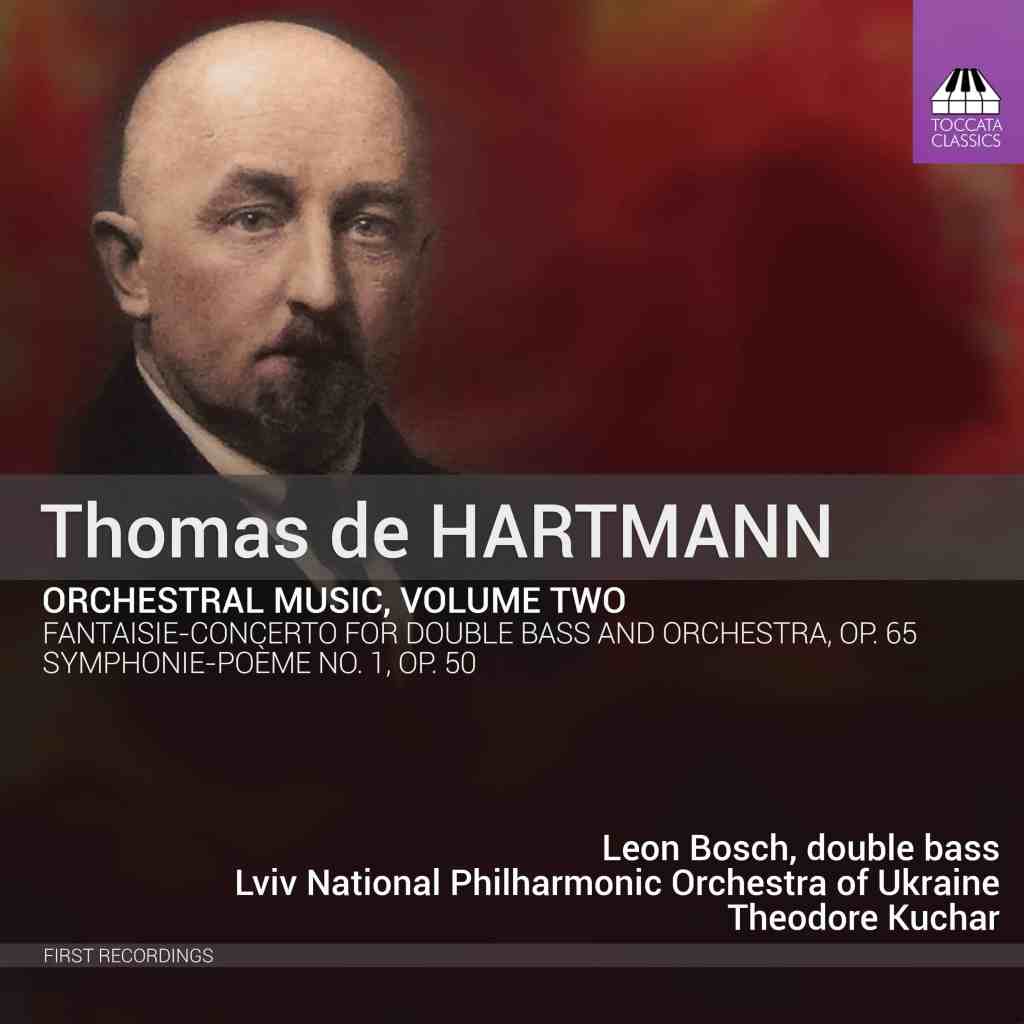
George Lloyd
A Symphonic Mass (1990-92)
Brighton Festival Chorus, Bournemouth Symphony Orchestra, Philharmonia Orchestra / George Lloyd
A Litany (1994-5)
Janice Watson (soprano), Jeremy White (baritone), Guildford Choral Society, Philharmonia Orchestra / George Lloyd
Lyrita SRCD.2419 [two discs, 60’44” and 49’30”] Latin and English texts included
Producers Ben Turner (A Symphonic Mass), Christopher James (A Litany)
Engineers Harold Barnes, Alan Mosely (A Symphonic Mass), Tony Faulkner (A Litany)
Recorded 19 & 20 June 1993 at Guildhall, Southampton (A Symphonic Mass), 24 & 25 March 1996 at Town Hall, Watford

George Lloyd
Requiem (1997-8)
Psalm 130 (1995)
Stephen Wallace (countertenor), Jeffrey Makinson (organ), Exon Singers / Matthew Owens
Lyrita SRCD.420 [63’22”] Latin and English texts included
Producer Ben Turner Engineer Harold Barnes
Recorded 31 August – 2 September 2000 at Church of St Alban the Martyr, Holborn, London
Reviewed by Richard Whitehouse
What’s the story?
Lyrita continues its reissue schedule of George Lloyd-related recordings for the Albany label – the ‘Signature Edition’ – with those three late choral works which, between them, constitute a worthy culmination to a composing career with few parallels in the annals of British music.
What’s the music like?
While three operas and twelve symphonies are the backbone of Lloyd’s output, choral music came to the fore during his final decade. Few would have demurred had the composer called A Symphonic Mass his ‘Thirteenth Symphony’, given its formal cohesion and harnessing of its liturgical text to a structure in which thematic consistency and cumulative momentum are uppermost. Hence the opposing conflict and consolation in the Kyrie anticipates a struggle reflected, in the Gloria, by the music’s juxtaposing of fervent outbursts with a luminous and otherworldly calm. The Credo becomes an extended development of motifs and expression, informed by an acute relating of textual imagery to musical content – its strenuousness offset by a brief if potent orchestral interlude that is the Offertorium. The piece climaxes with the Sanctus and Benedictus, its rapt intensity heightened by the blazing affirmation at Osanna; after which, the Agnus Dei passes through doubt and apprehension before achieving a new-found though hard-won serenity at Dona nobis pacem. Certainly, a Mass of its time and ours.
Three years on, and A Litany is less inclusive but equally involving – even with Lloyd’s aim of composing a ‘repertoire’ piece likely undermined by the size of its orchestral forces or the demands of its vocal writing. Its words are the first 12 (out of 28) verses from John Donne’s eponymous poem, as set by Lloyd from a spiritual yet non-specifically religious standpoint. Despite being in four movements, this is not an overtly symphonic conception – though the formal follow-through is nothing if not cohesive in its relating of music to text. The opening Allegro Dramatico pursues its respectively passionate then sombre traversal of the first two verses, the ensuing Allegro being akin to an extended intermezzo in its setting the third and fourth verses with a deft yet often oblique eloquence. The brief Adagio focusses on the fifth verse in an intimate acapella setting, then the final Vivace sets the sixth to twelfth verses as a cumulative sequence in which passing anxiety is gradually overcome; the music accruing the energy needed to hit the ground running for what becomes a decidedly affirmative close.
Written in the months before his death, with a dedication to the memory of Diana, Princess of Wales, the Requiem is an understated if characteristic swansong with, at almost 55 minutes, a scale comparable to those earlier works. This follows the expected liturgical text with just a few pointed modifications (no Libera me at the end), its 16 designated sections falling into three main parts. Requiem and Kyrie sets the reflective if by no means unvaried tone of the whole and highlights the role of the countertenor – occupying the lower end of its compass so that it becomes the subdued complement to choral writing notable for its textural clarity and inwardness. The Dies irae sequence (itself in two halves) has a notably perky Tuba mirum and songful Rex tremendae, while the Lacrimosa seems consoling rather than elegiac. The third part takes in a whimsical Hostias, brief but vibrant Sanctus, elegant and supplicatory Agnus Dei, then a Lux aeterna as sees the whole work through to its close with the voices gradually receding in gently undulating chords for what is a serene yet poignant valediction.
Three years earlier, Lloyd had composed two pieces for unaccompanied choir – of which his setting of Psalm 130 (Out of the depths) is notable for its often circumspect while never aloof manner, the emergence of a soprano in the later stages pointing up its mood of tentative hope.
Does it all work?
Yes, and not least owing to the persuasiveness of recordings made soon after their respective premieres. Lloyd secures a dedicated response in the Mass from the Brighton Festival Chorus (under the redoubtable László Heltay) and Bournemouth Symphony Orchestra while, in the Litany, the Guildford Choral Society (for whom it was written) and Philharmonia Orchestra are no less committed. In the latter piece Janice Watson gives a thrilling contribution, but Jeremy White is not wholly at ease for all his warm nobility. As for the Requiem, the Exon Singers sound tonally assured and Stephen Wallace copes ably with his distinctively conceived role, while Jeffrey Makinson applies a light touch to organ writing as evinces a continuo-like dexterity, though it might yet be worth transcribing this part for woodwind and brass so as to open-out its expressive ambit.
Is it recommended?
Indeed, not least as these reissues come with full texts and detailed notes from Paul Conway. Inherently unoriginal while unequivocally sincere, Lloyd’s late choral works are far removed from the facile disingenuity of much current choral music and are the more appealing for this.
Listen & Buy
For further information visit the dedicated George Lloyd page at the Nimbus website
Published post no.2,164 – Tuesday 30 April 2024


